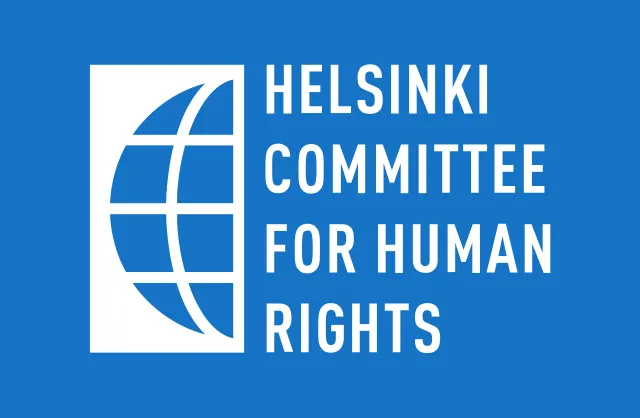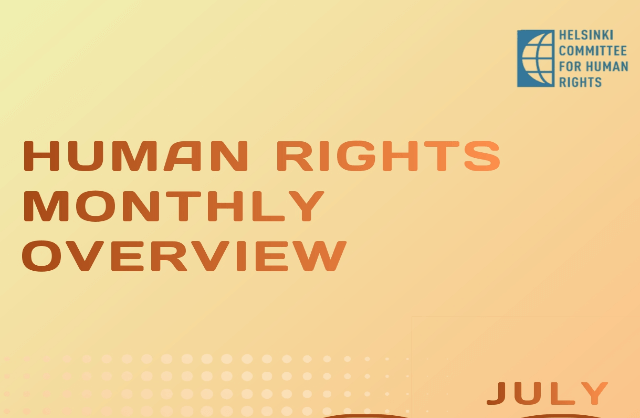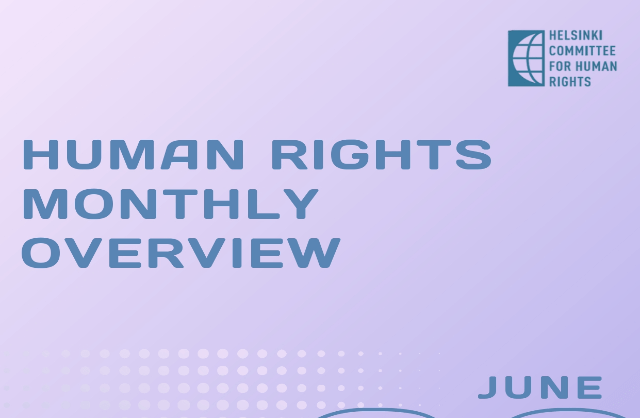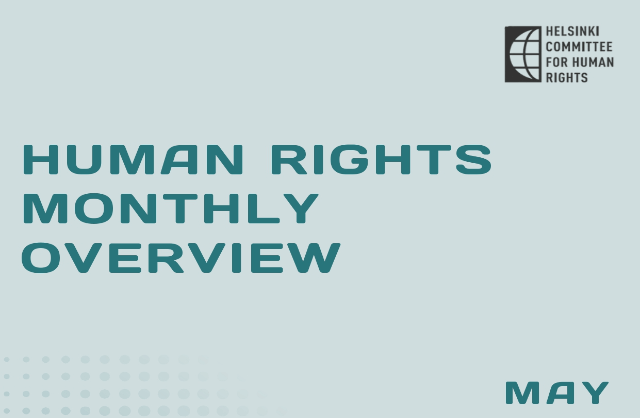The situation at the border crossings Gevgelija and Kumanovo for the period: 29.08.2016 – 04.09.2016
September 6, 2016

The weekly report on the situation at the border crossings Gevgelija and Kumanovo includes the following topics: Available facilities and conditions at the camp and Institutional treatment.
Gevgelija
Available facilities and conditions
The number of refugees over the week amounted to 127, not taking into consideration the refugees who were caught down illegal roads and taken back to Greece.
On 29.08.2016, a delegation of UNCHR paid a visit to the camp and interviewed the refugees.
Two electrical stoves have been set up in the camp so that the refugees can prepare their own food.
Some of the cabins where the refugees are accommodated have been dismantled, in order for new cabins to be set up in their place.
Institutional treatment
7 refugees were brought to the camp who had been caught at the bus station in Gevgelija, trying to buy bus tickets to Skopje. The refugees, originating from Algeria and Libya, were later taken to the police station in Gevgelija. On the next day, another eight refugees from Afghanistan were brought to the camp and accommodated in the admission tent. Although the officials insisted on taking them back to Greece, the refugees required to be taken to the Shelter Center in Vizbegovo, where, according to them, some of their close relatives were accommodated.
In the course of the same day, two trucks by ARM carrying refugees came to the camp, but the refugees were not accommodated in the camp, and were immediately taken to an unknown location.
Kumanovo
Available facilities and conditions
In the course of this week, the number of refugees in the camp fluctuated around 70, but it is impossible to pin down the exact number due to the unregistered refugees who come and leave on daily basis.
The hygiene in the camp is a cause for great concern. The occurrence of contagious diseases (scabies) has already been registered.
The Helsinki Committee urgently appeals for taking measures for improvement of the hygiene in the camp, in order to prevent the spreading of contagious diseases and possible negative consequences to the health of the refugees.
Institutional treatment
The attitude of the employees towards the refugees in the camp has significantly deteriorated. On several occasions police officers were observed treating the refugees disrespectfully, offending them and ridiculing them.
The Helsinki Committee strongly condemns this behaviour and reprimands the officials to refrain from disdainful treatment of the refugees, which violates their basic human rights.
On 01.09.2016, police officers registered and photographed all the refugees present in the camp.
In the course of this week, in the police station of Sopot, more than 300 refugees in three groups who were either residing in the villages in the vicinity, or were caught by the Serbian police, in an attempt to cross the border with Serbia illegally. There is no information available as to how they were treated after they were detained.
One refugee was evicted from the premises of the Red Cross, where he went to seek medical treatment for his daughter prescribed by a medical doctor, by a police officer who used force.
The Helsinki Committee reprimands that the police conduct must be adequate, and that there should be no misuse of official position and use of unlawful force against the refugees. In addition, healthcare must be provided at any time, without any interruptions.
On 02.09.2016 a family from Palestine with two minor children who arrived at the camp were banned from entering it by officials. The family was in a difficult situation, tired, and with visible wounds on their bodies. After the intervention of the Helsinki Committee, the family was admitted to the camp, where they stayed for 3 days, whereby they were deported to Greece.
The situation in the Shelter Centers in the Republic of Macedonia
The number of refugees in the shelter centers is not available.
Irregular migration
During this period, the Ministry of Interior registered two criminal and legal events related to migrant smuggling on 01.09.2016. In one of them, in the Municipality of Dobroshane, an abandoned vehicle with 39 refugees was found, 21 of whom were juveniles. In another case, a migrant from Morocco was caught up in the vicinity of Demir Kapija.
 This report is made possible by the generous support of the Foundation Open Society Institute (FOSI) within the project „Improvement of the rights protection for migrants and asylum seekers in the Republic of Macedonia“. The contents are the responsibility of the Helsinki Committee for Human rights of the Republic of Macedonia and do not necessarily reflect the views of FOSI.
This report is made possible by the generous support of the Foundation Open Society Institute (FOSI) within the project „Improvement of the rights protection for migrants and asylum seekers in the Republic of Macedonia“. The contents are the responsibility of the Helsinki Committee for Human rights of the Republic of Macedonia and do not necessarily reflect the views of FOSI.


